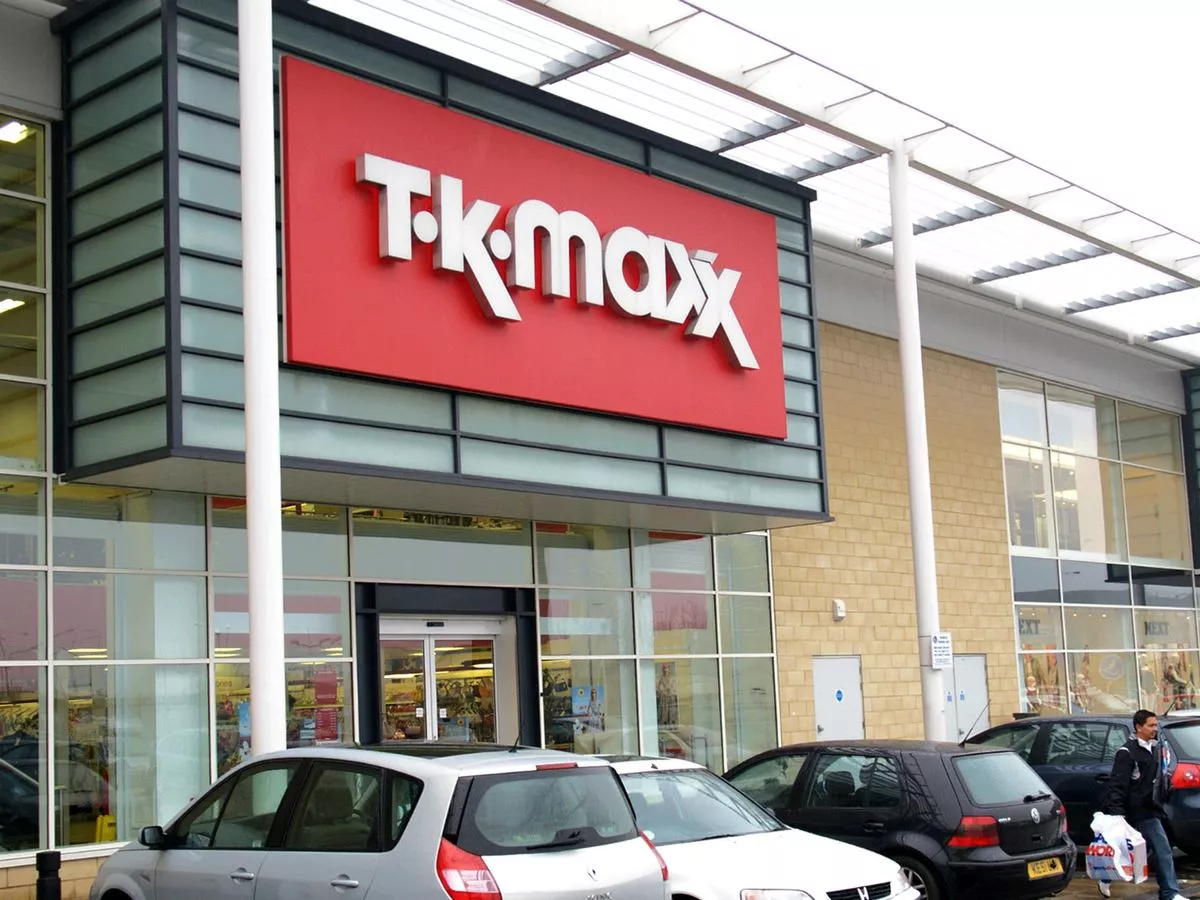In a surprising move that has caught the attention of retail consumers, popular UK fashion retailers Next, River Island, and TK Maxx have announced they will cease taking online orders for the time being. This decision raises important questions about the state of online retail, customer experience, and the future of shopping as we know it. Here’s a closer look at what this development entails and what it means for shoppers.
Overview of the Retail Landscape
The retail industry has faced numerous challenges in recent years, particularly following the COVID-19 pandemic. With an accelerated shift toward online shopping, many retailers invested heavily in e-commerce capabilities to meet changing consumer demands. However, the landscape remains volatile, with supply chain issues, inflation, and changing shopping behaviors impacting how businesses operate. The recent announcements from Next, River Island, and TK Maxx reflect ongoing struggles within the retail sector.
Reasons Behind the Decision
While the specific reasons for this sudden halt in online orders have not been publicly disclosed, several factors could be contributing to this development:
- Supply Chain Challenges:
Ongoing disruptions in supply chains have made it increasingly difficult for retailers to maintain consistent stock levels and fulfill online orders promptly. By pausing online orders, these retailers can better manage their inventory and ensure that in-store offerings remain robust.
- Operational Efficiency:
Retailers may be reassessing their operations to optimize efficiency. Focusing on in-store sales rather than online orders could allow them to streamline logistics and reduce overhead costs.
- Consumer Behavior Shifts:
With more shoppers returning to brick-and-mortar stores, retailers may be prioritizing in-person experiences, allowing them to engage directly with customers and boost foot traffic.
Implications for Shoppers
For consumers accustomed to the convenience of online shopping, this announcement presents several implications:
- Limited Shopping Options:
Shoppers who rely on online orders may find their options limited. This could lead to frustration among customers who prefer the ease of online shopping, especially during busy seasons or for last-minute purchases.
- Encouragement to Shop In-Store:
Retailers may be hoping to drive more traffic to physical stores. While some consumers appreciate the in-person shopping experience, others may be hesitant to return to stores, especially if they have become accustomed to the convenience of online purchasing.
- Potential Price Increases:
If retailers face ongoing supply chain challenges, shoppers could experience higher prices in-store due to increased operational costs. Consumers may need to adjust their budgeting and spending habits as a result.
Consumer Alternatives
While this news may be disappointing for some, there are alternatives for shoppers during this transition:
- Explore Other Retailers:
Consumers can consider shopping at other retailers that continue to offer online purchasing options. Many fashion retailers have adapted well to the online landscape and may provide similar products.
- Utilize In-Store Services:
Shoppers can take advantage of in-store services such as personalized styling advice, product trials, and immediate access to inventory. This may enhance the overall shopping experience, even without online orders.
- Stay Updated:
Keeping an eye on updates from Next, River Island, and TK Maxx will be essential for consumers. Retailers may reinstate online ordering in the future or implement new strategies to accommodate shoppers.
Future of Online Shopping in Retail
The decision by Next, River Island, and TK Maxx raises questions about the broader future of online shopping in the retail industry. As companies adapt to ongoing changes in consumer behavior, we may see a shift in how retailers approach e-commerce:
- Hybrid Models:
Retailers may explore hybrid shopping models, combining in-store and online experiences to provide customers with the best of both worlds. This could involve offering click-and-collect options, allowing customers to shop online and pick up in-store.
- Enhanced Online Experiences:
To compete with the convenience of online shopping, retailers may need to invest in enhancing their digital platforms, offering improved navigation, personalized recommendations, and seamless checkout processes.
- Sustainability Considerations:
As consumers become more conscious of sustainability, retailers may need to consider environmentally friendly practices in both their online and in-store operations. This could include sustainable packaging, ethical sourcing, and reducing carbon footprints.
Conclusion: Navigating Change in Retail
The decision by Next, River Island, and TK Maxx to halt online orders signals a significant moment in the retail landscape. As shoppers adjust to these changes, it is crucial for consumers to explore alternatives and stay informed about evolving retail practices. The future of shopping may involve a blend of traditional and digital experiences, and being adaptable will help consumers make the most of their shopping journeys in this changing environment.

